In the longer-term, there is no alternative to creating a very strong and broad-based peace movement in all parts of the world but with special focus on the most powerful countries
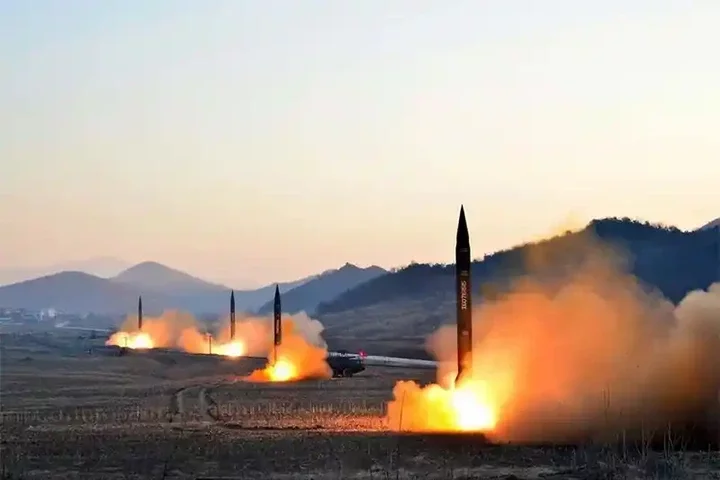
Nuclear Weapons Stock
A constant, huge danger for world is the existing stock of over 12,000 nuclear weapons that are capable of annihilating all humanity and most other forms of life several times over.
Over 10,000 of these are in the possession of just two countries, the USA and Russia, whose entirely avoidable hostility is unfortunately deeply entrenched.
The huge dangers associated with nuclear weapons increase whenever the risk of any direct confrontation between these two big powers increases.
Other big stocks of nuclear weapons are with China, and here again its hostility with the USA is deeply entrenched. North Korea, hostile to USA and friendly to China, also has a few nuclear weapons.
Close allies of the USA, Britain and France, have significant stocks of nuclear weapons. Both are members of NATO, the military alliance dominated heavily by the USA. Some other European countries and NATO members, while they do not their own nuclear weapons, have USA nuclear weapons deployed there.
Israel, a close ally of the USA known for its aggressiveness, also has nuclear weapons. Two countries of South Asia, widely known for mutual hostility (India and Pakistan), also have nuclear weapons.
Some other leading countries are known to have the ambition or the ability, or both, to have nuclear weapons.
All in all, this is a very dangerous scenario.
The dangers of nuclear weapons are increasing due to their linkages to AI and Robotics, very high speed delivery systems and other factors.
There is an increasing and very dangerous drift towards militarization of space, with all the big powers involved in this new race, the USA leading.
Despite the ban on chemical and biological weapons, clandestine research on their very high-risk development and use continues in many ways, including in the garb of civilian research.
With all the concentrated attention on developing more and more dangerous weapons and availability of huge funds and high scientific talent for this, there is an increasing risk of what this writer had earlier referred to as 'the X factor' - the emergence of game changing new weapons and weapon technology that can significantly alter the balance in favor of any of the big powers.
Urgency of strengthening peace efforts
In such high risk situations, there is increasing urgency of strengthening peace efforts and in particular of avoiding any direct confrontation between the big powers. However several flashpoints which can lead to such confrontation already exist.
In one context, the Ukraine conflict, the possibility of direct confrontation between Russia and NATO has increased quite significantly in recent weeks. In the middle-east also this risk has increased, although not to the same extent as in Ukraine. Within the time perspective of a few years if not earlier, the risk of a confrontation of the USA and several allies with China also exists.
These are the well-known flash points of possible direct confrontation of big powers at present. Moreover, there are others, while new ones may also emerge.
In the middle of all this, unfortunately the role of the United Nations in maintaining and protecting world peace, has been marginalized. Its ability to discipline the Security Council veto power holders, never very strong, has been increasingly weakened.
Keeping in view all these serious risks and dangers, there is urgency of taking significant steps for significantly reducing them. In the short-term, probably the most important contribution can be made by an initiative on the part of one or more non-partisan groups of very senior statesmen and diplomats, academics and (ex) military generals who are at present not in active service with any government and who have been known for their commitment to peace in recent times.
It is important that they should be non-partisan, they should have very strong commitment to the world peace (with justice) and should be able to speak for world peace and disarmament, rising above any narrow interests or considerations.
If such a group (or more than one group) can be constituted and can release statements pointing out the dangers of direct confrontation and urgent need for stepping back and de-escalation, also suggesting specific and time-bound steps for de-escalation, then immediately this can have some impact, particularly if other peace groups join the effort to get a very large number of endorsements from individuals and organizations. This effort can increase its impact further if this group can create linkages of support with the UN and with many independent, non-partisan peace groups and movements as well.
In the longer-term, there is no alternative to creating a very strong and broad-based peace movement in all parts of the world but with special focus on the most powerful countries. Only such a peace movement with millions and millions of active members working for justice-based peace with continuity can help to create a safer world.


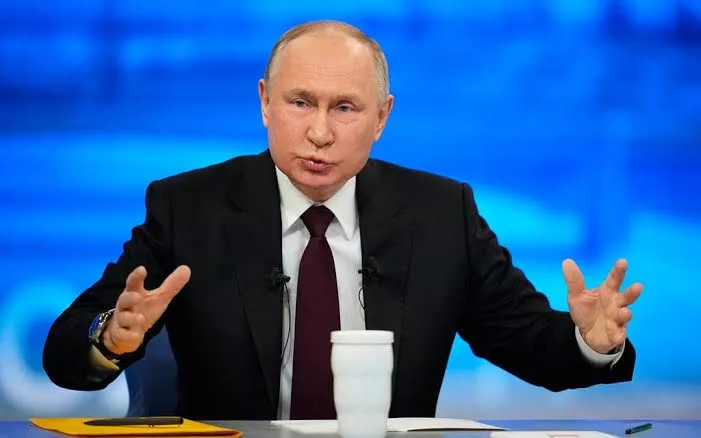
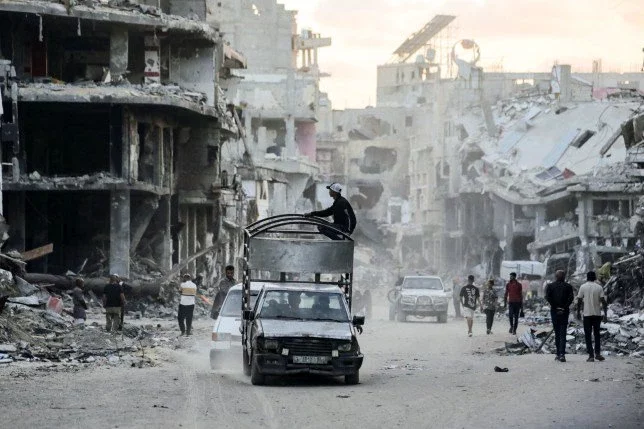
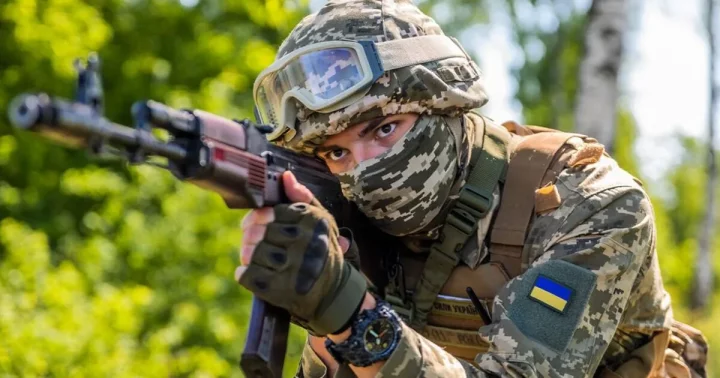
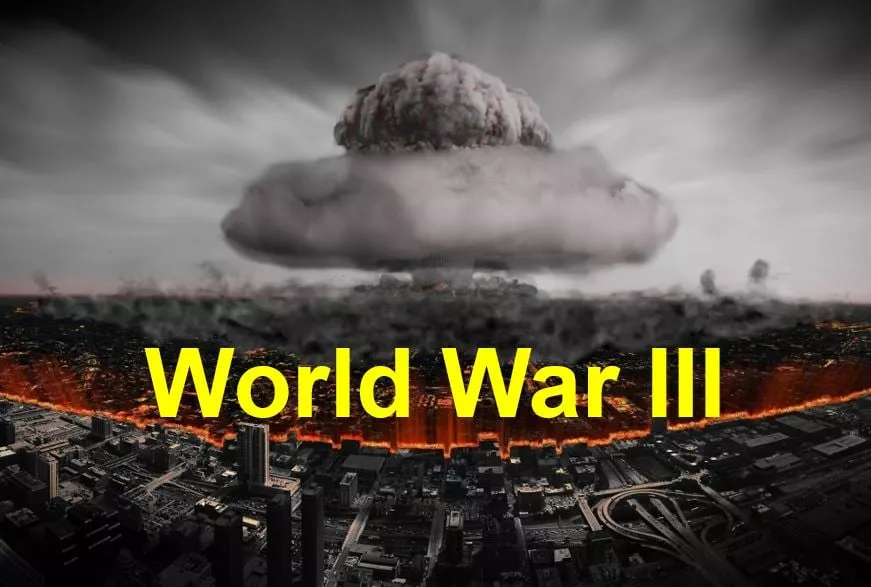
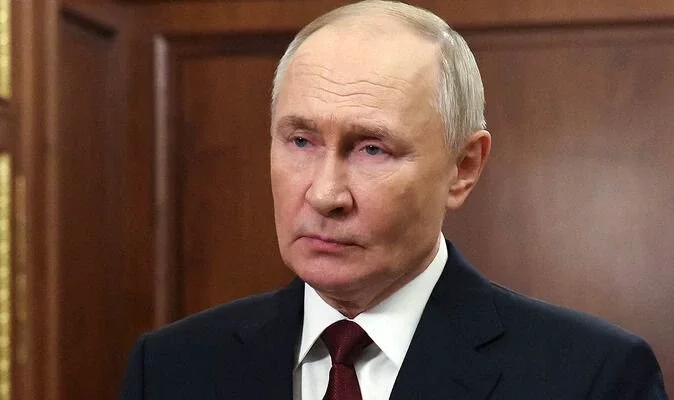




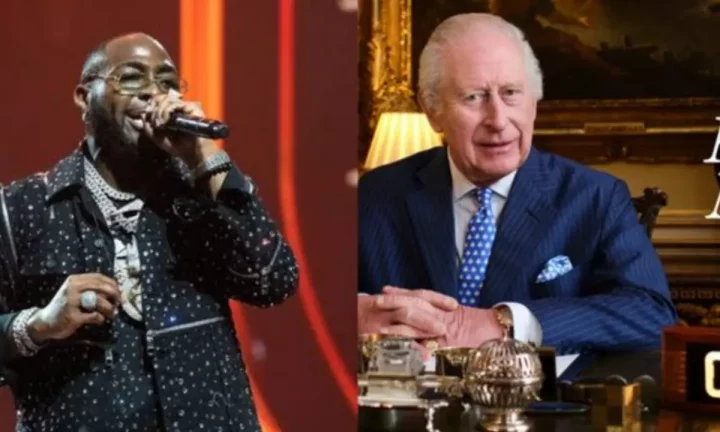

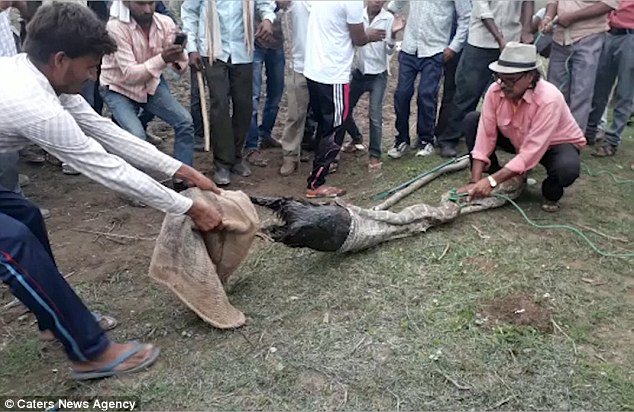


Comments